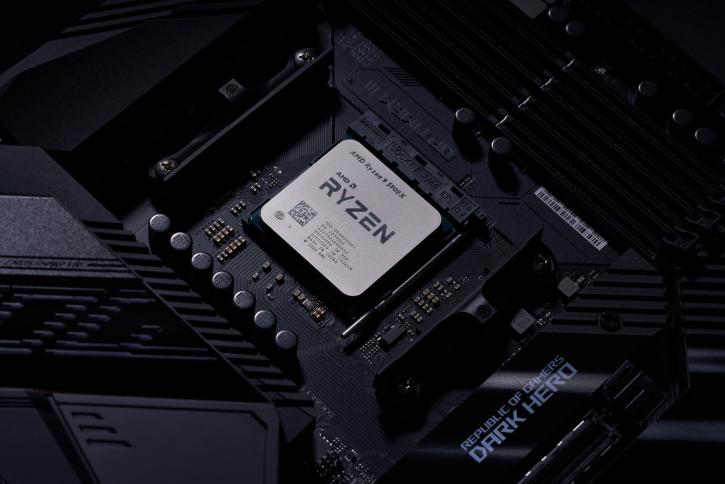- Feb 8, 2002
- 4,721
- 1,056
- 136
I've just installed this and been playing with it a little bit.
What are you thoughts on CTR and have you used it?

The Diagnostic game me this so far.

I've not done any of the tuning yet and curve optimizer is also turned off. The only thing on is PBO2 + 200Mhz.

 www.guru3d.com
www.guru3d.com
What are you thoughts on CTR and have you used it?

The Diagnostic game me this so far.

I've not done any of the tuning yet and curve optimizer is also turned off. The only thing on is PBO2 + 200Mhz.

ClockTuner 2.0 for Ryzen (CTR) Guide
In this article, we will talk you through ClockTuner for Ryzen version 2.0, a helpful tool that allows you to further refine ZEN2, ZEN3 and Ryzen 3000/5000 performance....




